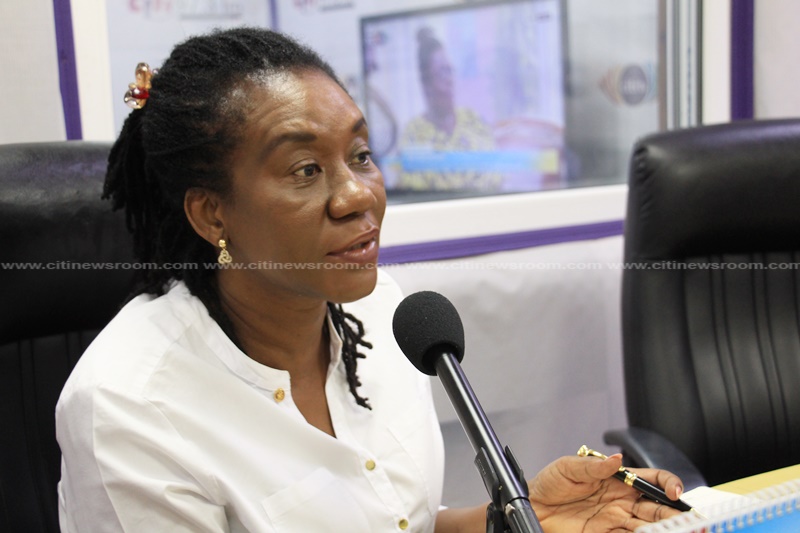The Executive Director of the National Population Council of Ghana, Dr Letitia Adelaide Appiah says her calls for population control are geared towards ensuring better quality lives for Ghanaians.
On the Citi Breakfast Show, she said “we really don’t need to limit the number of kids that we have. We just need to invest in them adequately.”
Dr. Appiah stressed that for her, “the bottom line is quality of life; improved quality of life. That is our vision.”
“If we are happy with the quality of life that we have in Ghana then it is okay. Then why are we moving across the Mediterranean to disturb others? Why don’t we stay where God made us? We can harness our God-given talent and harness the natural resources only with skilled human capital.”
She further agreed with the sentiment that if education quality isn’t good, “more population means more poverty.”
So far, the council has skewed towards advocating for a cap on the number of children citizens can have.
It has long maintained that women must be limited to giving birth to three children in line with a replacement level fertility rates.
Ghana’s fertility rate was around 4.12 in 2015, per World Bank statistics with the country’s population standing at about 30 million.
According to the Ghana Statistical Service, Ghana’s population could double in 28 years as the country has maintained a growth rate of 2.5 in the last 30 years; comparative to the global average of 1.5.
As far as sensitisation is concerned, Dr. Appiah said the council was taking a blanket approach akin to immunisation campaigns to make sure nobody was left out.
“A public health intervention that really depends on the social status is a poorly implemented one. Immunisation does not depend on the level of education of the woman before the women go for immunisation for their children.”
“We want to have family planning access free and available and affordable to everybody so that is the primary prevention,” she stated.
The National Population Council has previously called for the establishment of a family planning and reproductive health fund to help acquire basic contraceptive materials and services for citizens.
–
By: Delali Adogla-Bessa | citinewsroom.com | Ghana
Follow @delalibessa














